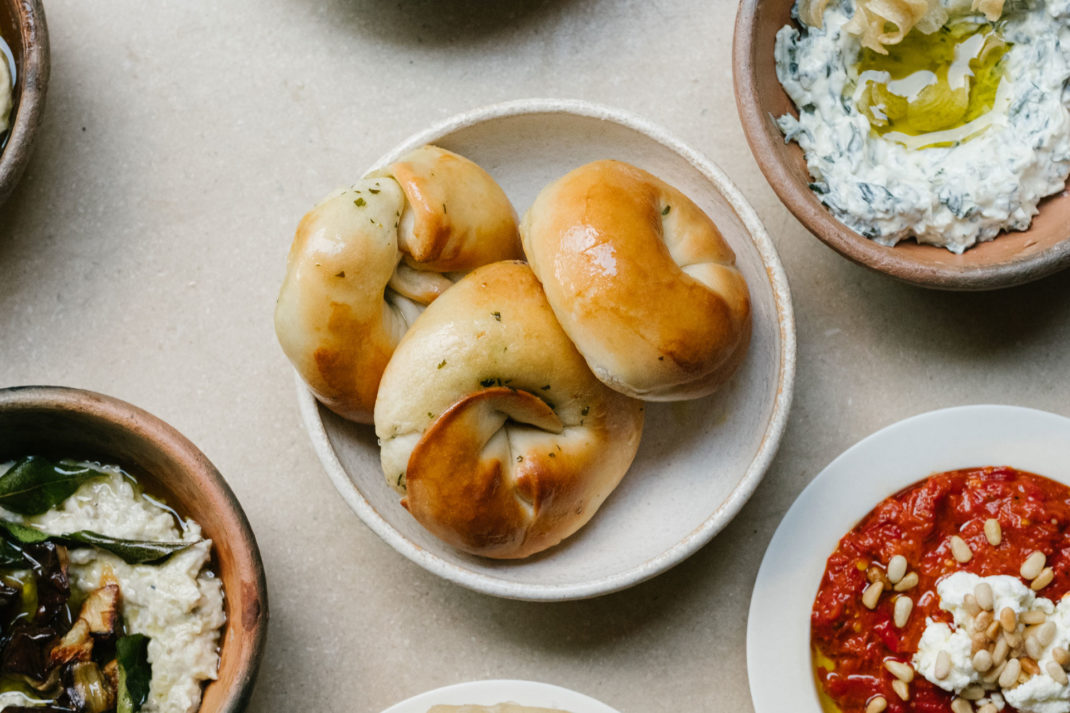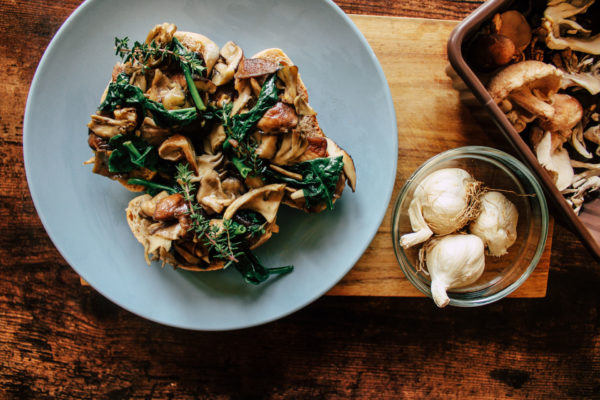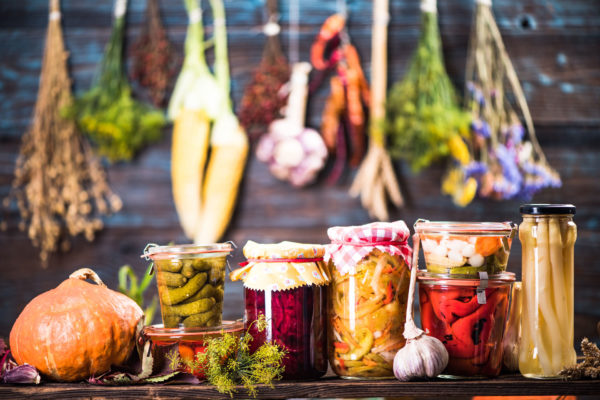10 Fermented Foods & Drinks To Include In Your Diet
By
8 months ago
Some might surprise you...
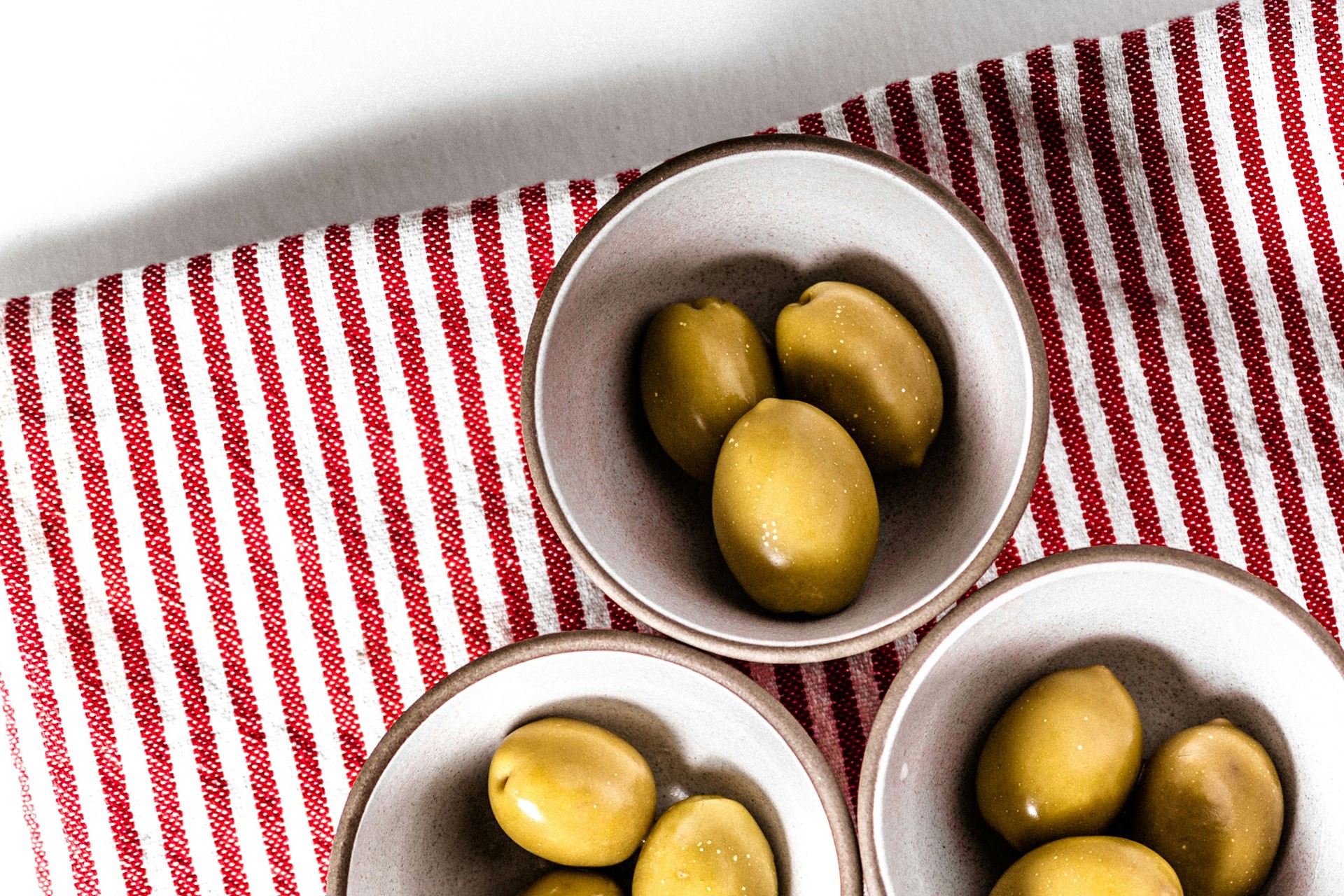
As gut health continues to dominate the wellness conversation, fermented foods are firmly in the spotlight. In the ZOE Science & Nutrition podcast, gut health extraordinaire Tim Spector highlighted eating fermented foods as one of the seven top ways to boost our overall health. That’s because they strengthen our microbiome, the trillions of bacteria living in our gut, consequently contributing to a healthy digestion, a good immune system and even helping stave off certain diseases. So how can we up our dietary intake?
How To Up Your Intake Of Fermented Foods
According to Spector, improving gut health could be easier than we think. ‘Most people already eat lots of fermented foods, they just don’t know they’re called that,’ he said in the podcast. So you might not be downing the kefir just yet, but perhaps you’re eating yoghurt with your breakfast each morning? Or cooking with miso? Or opting for sourdough bread? Great news: they’re all fermented foods.
If the thought of sauerkraut fills you with fear, simple staples are a good place to start. Eve Kalinik, author and nutritional therapist, notes: ‘Fermented foods can be unfamiliar to people nowadays and that’s mostly due to the ultra-processing of foods. This means our palettes have been altered to be triggered by added sugar, salt and other chemicals, rather than the concentrated, natural umami flavour we find in fermented foods. So really it’s about retraining our palette and tastebuds.
‘Start with some of the less intimidating ones such as natural full fat yoghurt or a traditional cheese and then move onto other less familiar ones such as kimchi. It is also about the amount we eat – too often I hear of people having big portions, when actually for most ferments you should have a condiment-sized serving.’ Keen to join the fermenting crowd? Here are some foods and drinks to incorporate into your diet.
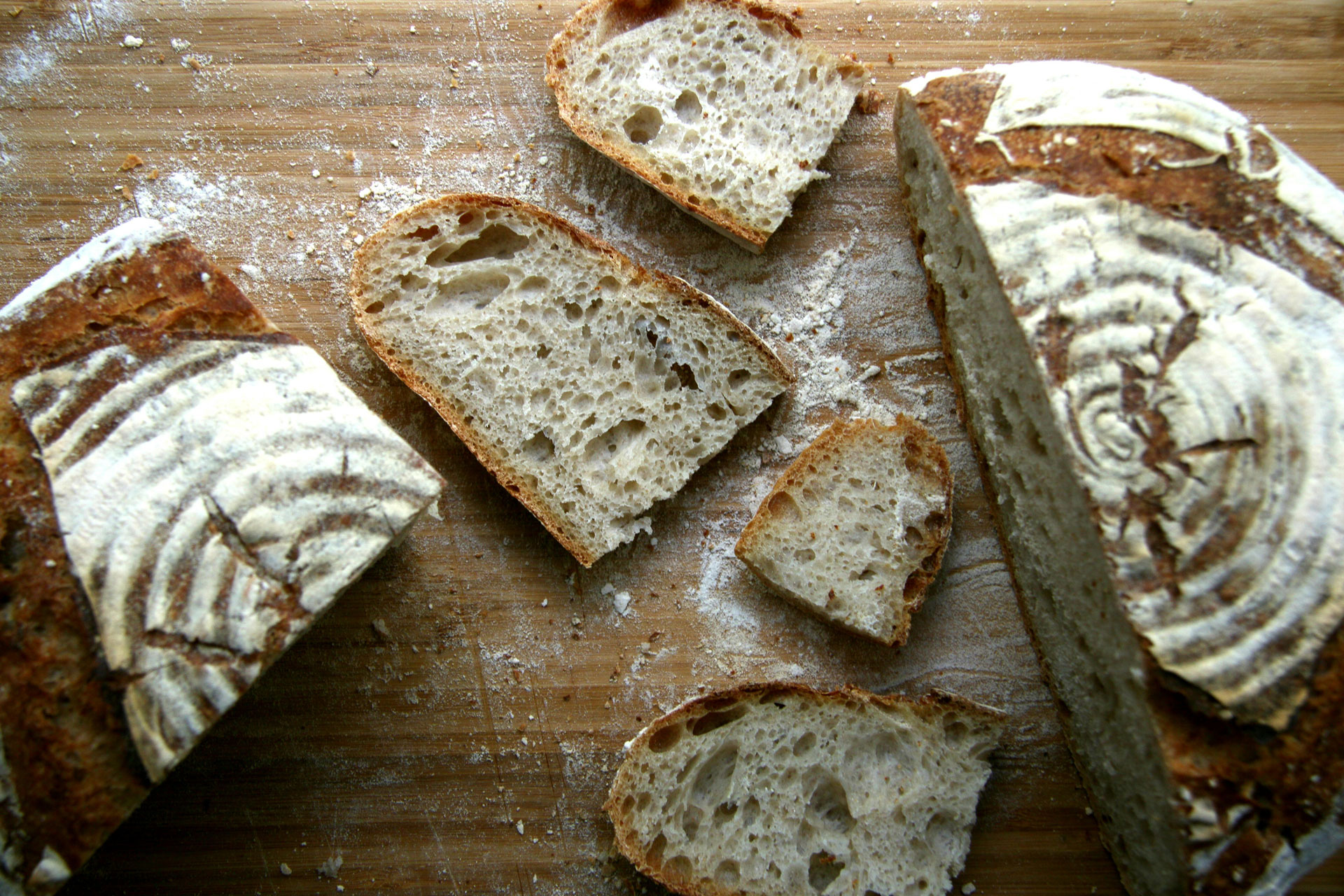
Sourdough Bread
Hooray: the trendiest bread on the market is also one of the best for our gut. It’s made using a sourdough starter, a culture of yeast and bacteria which is created by fermenting flour, water and salt. And although the probiotics are killed in the baking process, the prebiotics remain.
Some Cheese
Cheese lover? You’re in luck: some types of cheese are more effective for gut health than a probiotic supplement. Typically, it’s the ones which have been aged but not heated afterwards, such as mozzarella, cottage cheese, provolone and cheddar.
Olives
Low in calories, filled with antioxidants and with a high content of good fat, olives are packed with health benefits. But did you know they are also a fermented food that’s rich in lactobacillus, a type of good bacteria? Time for a martini…
Kombucha
If you’re not on the kombucha hype just yet, make 2024 your year to give it a go. While the idea of fermented tea might not scream delicious, many people love its fizzy, tart taste – and there are loads of great brands out there nowadays, like Equinox, MOMO Kombucha and LA Brewery.

Apple Cider Vinegar
This buzzy ingredient is made by fermenting the sugars from apples, which turns them into acetic acid – renowned for helping support your microbiome. A-listers like Victoria Beckham and Katy Perry swear by a straight shot each morning, but some dentists warn this could damage our teeth enamel. Try mixing it into salad dressings or diluting the raw ingredient with warm water instead.
Sauerkraut
Feeling brave? Give sauerkraut a go, a fermented cabbage with a tangy, salty flavour. Despite the German name, it’s thought to have originated in China thousands of years ago, made by adding salt to cabbage which converts the natural sugars into lactic acid. Packed with probiotics and rich in potassium, it’s a nutritional powerhouse, and pairs well with salted meats or smoked fish.
Miso
A staple ingredient in Japanese food, miso actually translates as ‘fermented beans’. It’s made from fermented soybeans and grains, and adds a distinct umami flavour to dishes such as soups, glazes and marinades.
Yoghurt
Made from fermented milk, yoghurt is one of the best sources of natural probiotics – just be sure to choose the type with active or live cultures. It also contains lots of useful nutrients, including calcium, potassium, and vitamin B12.
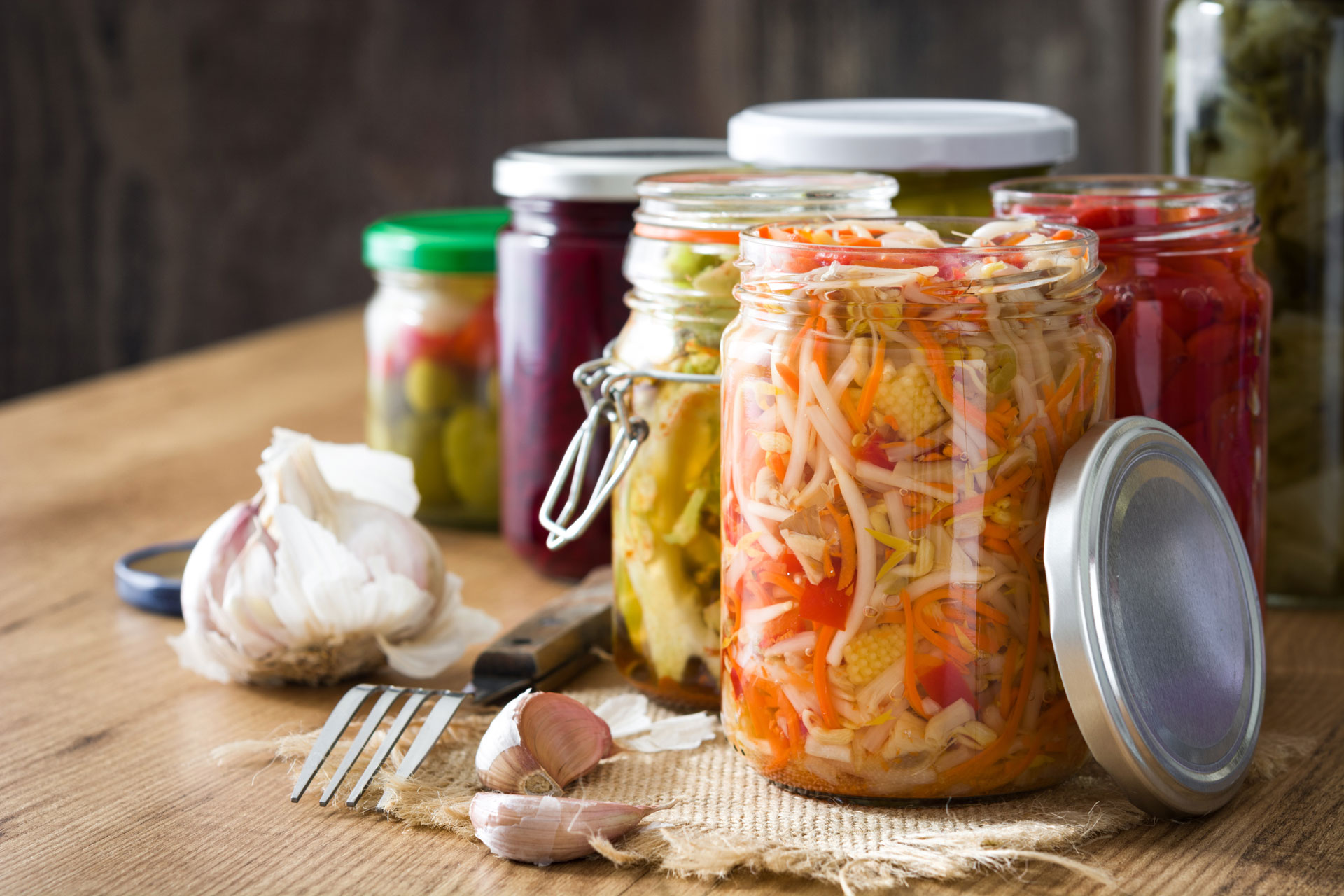
Getty Images
Kimchi
A Korean staple, kimchi is another kind of fermented vegetable dish with a sour, salty and often fiery taste. Like sauerkraut, it’s usually made with fermented cabbage, and often spiced up with a Korean chilli powder called gochugaru, plus garlic and ginger.
Kefir
Once you’re feeling really confident, it’s time to veer into kefir territory. A type of fermented milk, kefir tastes a bit like yoghurt but with a thinner consistency and a more sour and tangy flavour. It contains millions of probiotics, plus lots of other good things including vitamins A, D and K, and calcium.


